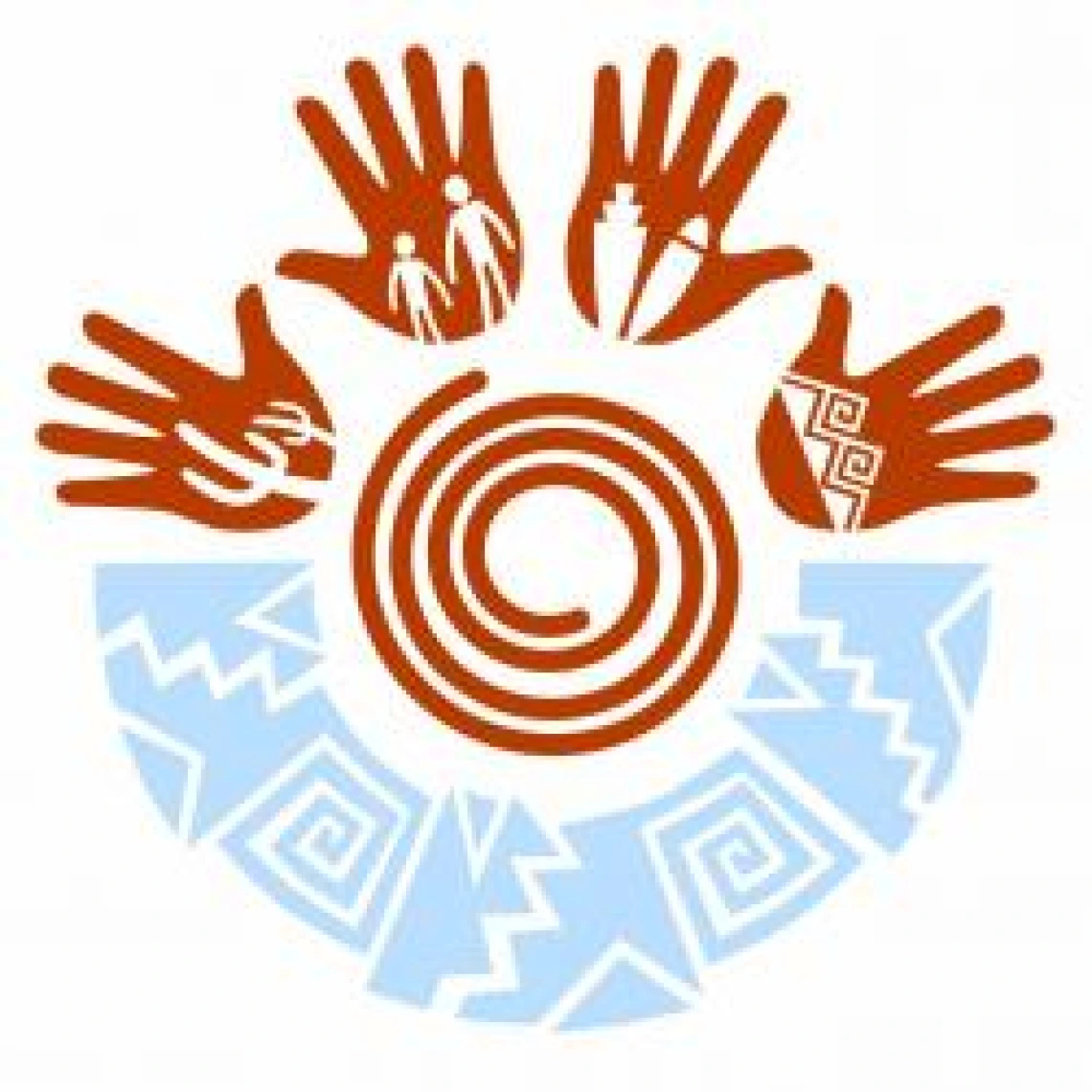Partnership for Native American Cancer Prevention awarded $13 million

The Partnership for Native American Cancer Prevention has been awarded $13 million from the National Cancer Institute to continue bringing prevention and biomedical research training to Native American communities in Arizona. The partnership focuses on the Hopi Tribe, Tohono O’odham Nation and Navajo Nation of Arizona.
The effort, known as NACP, is a collaboration between the University of Arizona Cancer Center and Northern Arizona University. The UA Cancer Center will receive $6 million and NAU will receive $7 million under the five-year grant renewal.
“This research, training and community outreach grant, first funded in 2002, has forged a powerful bridge between the University of Arizona Cancer Center, Northern Arizona University and Native Americans in the Southwest to address the rising tide of cancer in Native Americans,” said David S. Alberts, MD, the UA’s principal investigator for the grant.
“NACP is the first partnership funded by the NCI aimed at the huge burden that cancer places on Native Americans,” said Laura Huenneke, PhD, provost at Northern Arizona University and the lead investigator for the NAU portion of NACP.
Other PIs on the grant include Jesse Martinez, PhD, for research; Margaret Briehl, PhD, for training, and Teshia Solomon, PhD, for community outreach.
The program’s funding comes from the NCI’s Center to Reduce Cancer Health Disparities, whose mission is to reduce the unequal burden of cancer in the American society and to train the next generation of competitive researchers in cancer and cancer health disparities research. NACP has been funded by the disparities center since 2002.
“The Partnership for Native American Cancer Prevention is a key program to address the health care disparities among native populations throughout Arizona. The UA Cancer Center is committed to reducing those disparities and improving the quality of life for all Arizonans,” said Andrew S. Kraft, MD, director of the UA Cancer Center.
The Partnership’s efforts have resulted in tribal-approved research projects with the three Native American tribes. The partnership also includes continuing education for community healthcare professional and institutionalized graduate and undergraduate educational curricula at both universities.
Among the research projects is one trying to understand genetically why aggressive forms of prostate cancer are a leading cause of death in Navajos in Arizona. The work is being conducted by Ronald Heimark, PhD, at UACC, and his partner researcher Jason Wilder, PhD, at NAU. Native American Indians have the second-highest rate of death from prostate cancer in the US, 19.6 per 100,000, with white Americans of European descent only slightly higher at 20 per 100,000 men.
Drs. Heimark and Wilder looked for genetic variation and found polymorphisms in RNA tumor suppressor genes. The findings will eventually permit the scientists to perfect new biomarkers such as a urine assay which will allow doctors to discover prostate cancer at an earlier state in Native Americans and other ethnic groups making this form of deadly cancer treatable at a younger age, Heimark said.
Another research focus is cancer risk factors and screening behaviors of the Hopi Tribe.
One of the Partnership’s former students is now working fulltime in a UACC lab. Monica Yellowhair, PhD, is Navajo and is interested in the effects of uranium on DNA repair. Dr. Yellowhair has been focusing on uranium because of the legacy of uranium mining and milling on the Navajo Nation during the Cold War era. Dr. Yellowhair began her research as an undergraduate at NAU.
Dr. Yellowhair said prolonged exposure to uranium can result in cancers of the stomach, colon, pancreas and prostate. It has also been shown to cause “genotoxic effects like chromosomal aberrations, micronuclei formation, and sister chromatid exchanges and DNA damage,” she said.
Dr. Yellowhair exemplifies the success the partnership has had to encourage Native Americans to focus on biomedical science as a career.
One of the goals of the partnership is to develop programs that facilitate the successful transition of Native American students into college programs that enhance the retention and graduation of Native American undergraduates in biomedical science. In the past five years, 275 Native American students from the UA and NAU have participated in training activities. NACP participants have received their bachelor’s degrees at a rate of 63 percent, compared to a national graduation rate for Native American students of 38 percent.
- Oct. 2, 2014



